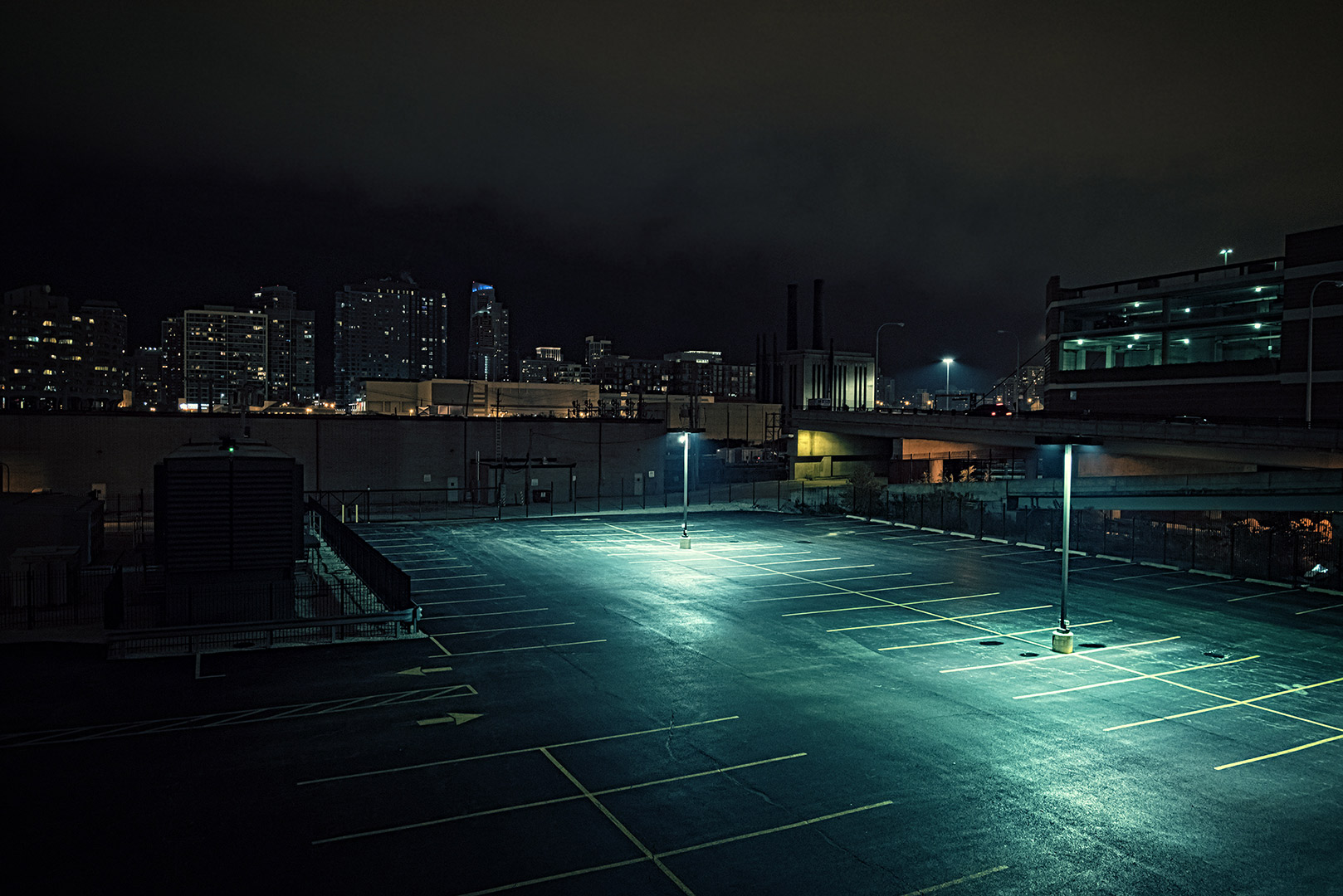Negligent Security Attorney Information
If you have been injured in a criminal attack or assault on someone else’s property or at work, you may be able to recover compensation for your medical bills, lost income, and more from the property or business owner or the entity in control of the property. Property and business owners have a duty to provide adequate protection from criminal attacks. Although you may have a good personal injury case against the person who attacked you, your chances of actually collecting the money are much better when you pursue a negligent security lawsuit.
AccidentAttorneys.org only works with highly credentialed attorneys with the highest ratings from their peers. To find an expert negligent security attorney who will fight hard for you, please contact AccidentAttorneys.org today.
Types of Properties Where Negligent Security May Apply
The type of property where your assault occur makes a difference in whether or not you have a case and if so, how strong your case is. The state or jurisdiction where the attack occurred also makes a difference, as premises liability laws vary across the country. In general, you may be able to sue for your injuries of you were attacked on one of the following types of properties:
- Hotel or motel
- Casino
- Restaurant
- Bar or night club
- Movie theater
- Bank or ATM
- Convenience store or gas station
- Parking lot or parking garage
- Amusement or theme park
- School or university
- Hospital
- Nursing home
- Office building
- Retail store
- Shopping mall
- Government building
- Apartment or condominium complex
- RV park
- Day care center
- Sports or event stadium
- Public park
- Museum
- Concert hall
Foreseeability
Foreseeability is a key element in negligent security cases. The level and type of security that a property or business owner has a duty to provide is directly related to likelihood that a crime would occur on the property. Many factors play a role in foreseeability.
Certain types of businesses are automatically considered high risk and have specific standard security measures that should be in place even if they are in a low-crime area and have no history of criminal attacks at the location. ATM’s, banks, hotels, and motels fall into this category.
Other factors that support foreseeability include:
- Located in a high crime area
- A recent up-tick of crime in the area
- A history of criminal activity on the property, even if it is recent
- Knowledge of a specific risk factor such as a disgruntled worker or customer, or a possible domestic violence situation involving an employee
- Direct threats
Getting Help for Negligent Security Injuries
An experienced premises liability attorney can help you prove that there was a duty to prevent or try harder to prevent the assault that caused your injuries. However, you need to act quickly to protect your legal rights and to preserve vital evidence in your case. Please, contact AccidentAttorneys.org today to be connected with a highly credentialed accident attorney in your area right away.
Negligent Security Accidents Frequently Asked Questions
What is Negligent Security?
Negligent security is also referred to as inadequate security and it falls under an area of law called premises liability. A negligent security claim is a third-party claim, against a property or business owner or the party who was in control of the property, for failing to keep you safe from criminal attacks on their property or the property they control. While the person who actually attacked you is obviously liable for the harm they caused, there is a good chance that they will not be able to pay for you injuries and in many cases the perpetrator is never identified or located.
What if I was Harmed or Treated Improperly by a Security Guard?
If your injuries were the result of overzealous security, you may be able to recover compensation from the security guard’s employer. Negligent hiring may have been involved, if there was no proper screening of if there was screening that showed that the employee had a history of violence and was hired anyway. Overzealous security can also be the result of improper policies and procedures created by the employer or by an employer’s failure to monitor employees or retaining an employee who has been involved in prior incidents.
I was Injured in a Bar Fight. Can I Sue the Bar?
In some cases, you can. Foreseeability is a major factor, as is your own role in the fight. If you were an innocent bystander, your chances of winning are greater than if you were directly involved in the altercation. If the customer who injured you was known to the bar as someone who gets into fights or was behaving in a way that indicated they should be removed before the fight started, you may have a good case. If the bar has a history of fights and has not taken steps such as hiring bouncers and properly training employees to handle fights and situations that lead to fights, you may also have a good case.
Can Landlords be Held Liable for Criminal Attacks on Tenants?
Landlords have a duty to provide adequate security to tenants. Whether you have a good case will depend on your unique circumstances and your state. Some states hold landlord to a very high standard while others do not. Foreseeability is a big factor in determining what the landlord should have done to meet the standards of adequate security. In general, landlords need to provide basic security measures such as proper locks and adequate lighting in common areas. When there is a known risk of criminal activity, due to a history of crime or an uptick in crime on the property or in the area, landlords are expected to respond accordingly, which can mean warning tenants of the danger or taking more serious steps to prevent criminal attacks.
Can Employers be Held Liable for Criminal Attacks on Employees?
In some cases, yes, but in most cases, employers are protected by Workers’ Compensation laws. In most states, an injured employee can receive Workers’ Compensation benefits for their injuries without the need to prove negligence on the part of their employer but is barred from suing the employer unless there are extreme circumstances.
Find a premises liability attorney in your area if you or someone you know needs legal help.

















